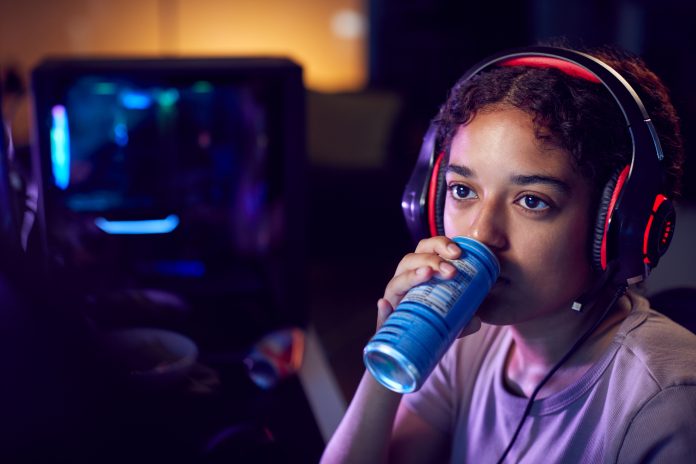The UK government is consulting on a proposed ban on the sale of high-caffeine energy drinks to children under 16
The UK government is inviting the public to weigh in on a proposed ban that would prevent children under 16 from purchasing high-caffeine energy drinks. This consultation aims to protect the health of young people and enable everyone to contribute to shaping the rules that govern them. The proposal would only apply to children in England.
High-caffeine energy drinks impact children negatively
Evidence suggests that consuming high-caffeine energy drinks is associated with a range of possible adverse outcomes for children. This includes increased frequency of headaches, irritation, tiredness, reduced sleep duration and quality, and increased risk of emotional difficulties, such as stress.
This evidence has sparked widespread concern among parents, teachers, and public health professionals. Despite many retailers voluntarily banning the sale of energy drinks to children, some retailers continue to sell them to individuals under the age of 16. This has prompted the government to step in and propose a complete ban on high-caffeine energy drinks.
Preventing childhood obesity and improving dental health
The primary goal is to reduce the consumption of high-caffeine energy drinks among children under 16 to protect them from potential harm. A secondary aim is to lower sugar intake from these drinks, helping to prevent childhood obesity and dental issues. Success will be measured by decreases in both high-caffeine drink consumption and sugar intake among children.
The two main policy options, outlined by the government, are doing nothing, allowing shops to decide whether to serve children, or banning the sale of energy drinks.
“Products that are habit forming, highly acidic and can contain over 20 teaspoons of sugar have no place on the menu for children,” said British Dental Association Chair Eddie Crouch. “Our kids are growing up in a toxic food environment, and this boldness needs to be applied across the piece.”
The economic impact of banning energy drinks
The government conducted an economic review to assess the impact of banning energy drinks on retailers. They found, over a 25-year appraisal period, that the reduction in high-caffeine energy drink consumption is expected to result in a £100.5 million decrease in profits for retailers and a £658.9 million decrease for high-caffeine energy drink manufacturers. Additionally, Familiarisation costs are expected to be incurred for all sectors, including retailers (£105.3m), out-of-home (£7.4m), and the vending sector (£9.6m). Ongoing costs for age verification of £636.3m to all industries, and new staff training (£7.8m) are also expected to occur.
Despite the reduction in sales, the government expects little net loss to the overall economy, as gains in the carbonated soft drink manufacturing market offset the losses.
Reducing children’s consumption of high-caffeine energy drinks is projected to lower their calorie intake over the course of their lifetimes, generating health benefits by preventing conditions such as type 2 diabetes, heart disease, various cancers, liver disease, and osteoarthritis. The total estimated health benefits are £7.72 billion, alongside £127 million in NHS savings, £84 million in social care savings, and £1.24 billion in economic gains from reduced premature mortality.
Cllr Dr Wendy Taylor, Chair of the Local Government Association’s Health and Wellbeing Committee, said: “Many people will be surprised that the sale of high-caffeine energy drinks to under-16s isn’t already banned.
“We know that high levels of caffeine in energy drinks have been linked to health problems in children, making this ban a vital step in safeguarding children’s health and giving every child the best start in life.
“Local councils are ready to support its implementation, and this legislation will give Trading Standards the authority they need to act when standards are not upheld. It’s a fair and enforceable policy that prioritises children’s health.
“To succeed, the ban must be backed by adequate resources to ensure effective enforcement and compliance. Retailers must be confident in the legislation and prepared to implement it effectively, with clear guidance, signage, and training, to protect young customers and ensure business compliance.
“Building on existing practices like Challenge 25 will be key to a smooth transition and support retailers to play their part in protecting young customers.”











